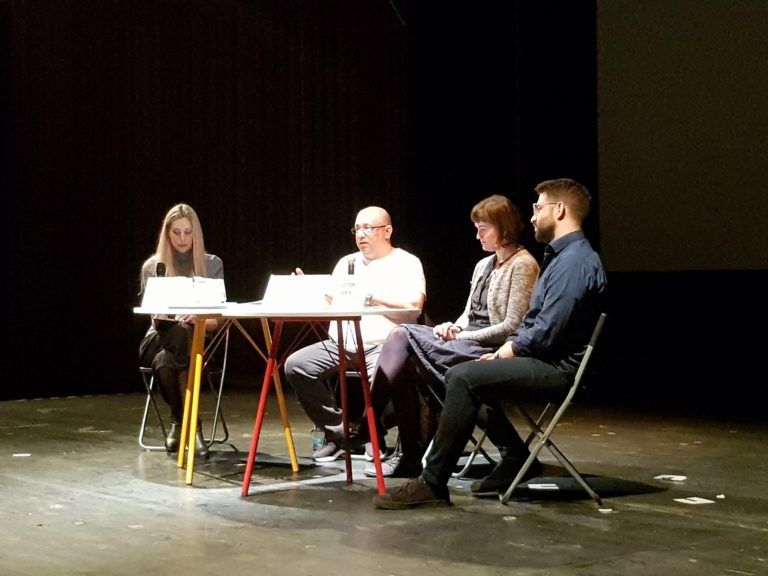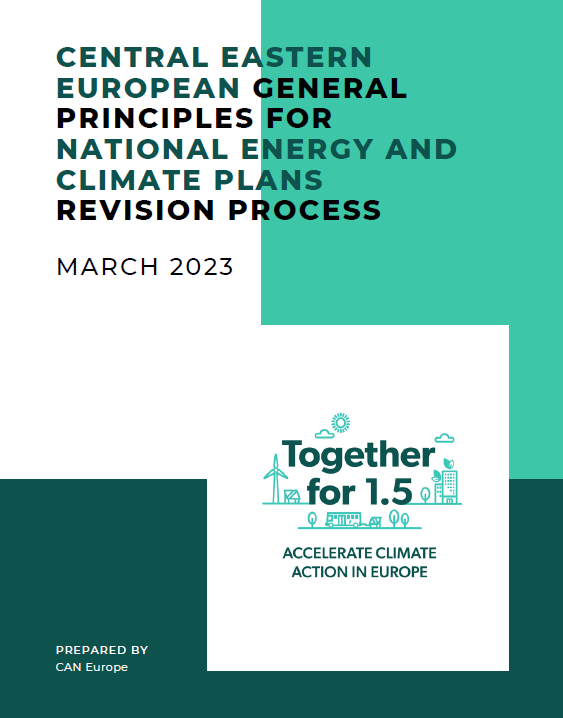Green Deal CEE
Creating networks in Central and Eastern Europe to support the implementation of the European Green Deal and its ‘Fit for 55’ package.
Climate Policy Climate Strategies and Plans

Project info
Belgium, Bulgaria, Czech Republic, Hungary, Poland, Romania, Slovakia
10/21 - 12/23
National governments, Non-governmental organisations, Public sector, Associations, Educational institutions
299,533.00 €
Contact info
Barbora Urbanová
- Climate Action Network Europe
- Institute for Sustainable Development Foundation
- National Society of Conservationists – Friends of the Earth Hungary
Background
In 2021, the EU presented its ‘Fit for 55’ package, a collection of guidelines and concrete measures to achieve the European Green Deal’s target: reducing greenhouse gas emissions by at least 55 per cent by 2030. A successful ‘Fit for 55’ legislative process requires the constructive approach and consent of Central and Eastern European (CEE) member states. While CEE governments in the past have been rather passive towards European climate ambition, alternative positions have made themselves heard throughout the region. To expand their impact and enable them to positively impact CEE countries’ stance on the European Green Deal, they need to engage more actively in climate policy processes on both national and EU levels.

Project
The project team aims to advance EU climate and energy policies on a national level in the Czech Republic, Hungary Poland, Bulgaria, Romania, and Slovakia. To achieve this goal, it strengthens civil society organisations, NGOs, think tanks, business associations, academia, representatives of cities and of national, regional, and local authorities in their joint engagement around the European Green Deal. Through trainings, seminars, and joint publications, members of the target group can connect with each other and access relevant knowledge on social, economic, and ecologic co-benefits of a fair energy transformation in CEE. This expertise enables them to participate in national energy and climate plans revision processes and to contribute to ambitious implementation of climate and energy policies. The project team supports participation by reaching out to decision makers via letters, policy recommendations and by organising meetings and conferences. Making their perspective heard throughout policy processes, their positions have the potential to counteract currently dominant narratives on climate action, which focus predominantly on the costs of energy transformation.
Last update: July 2024

